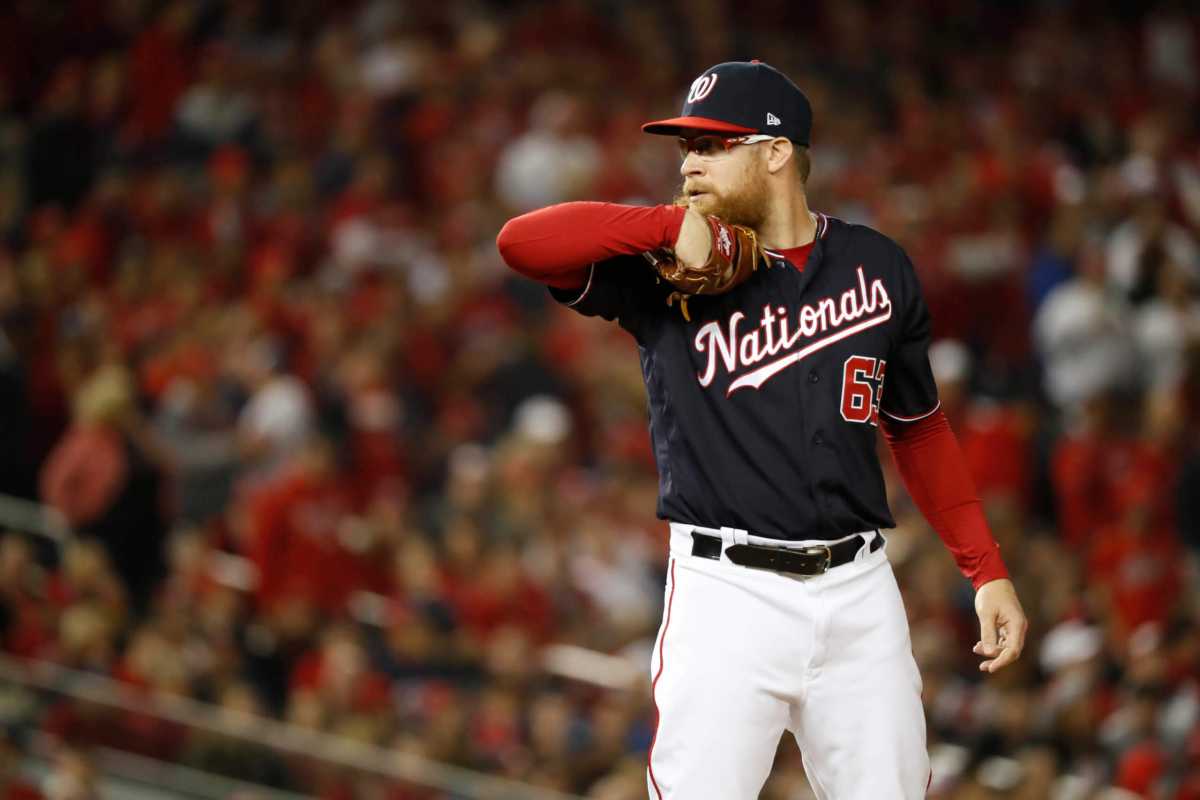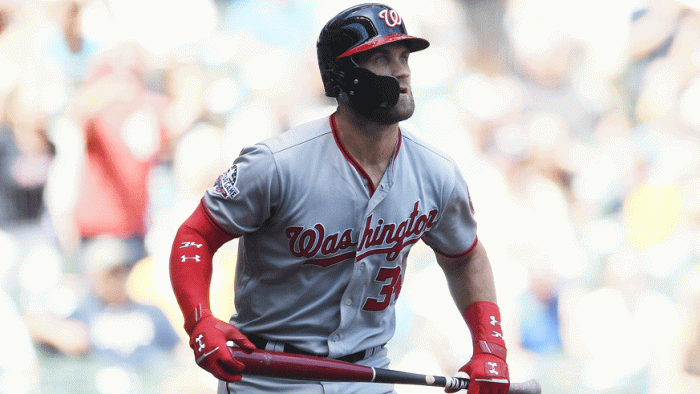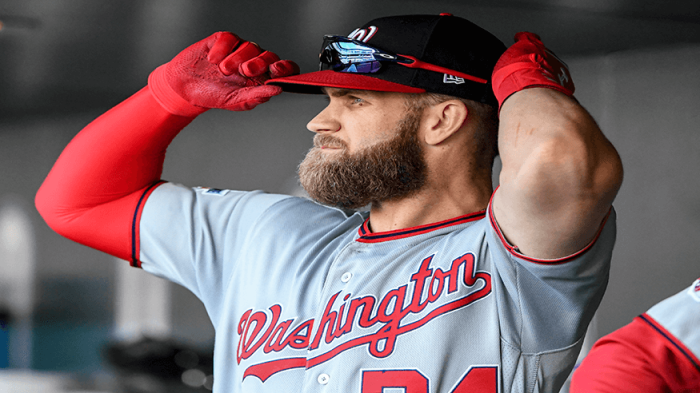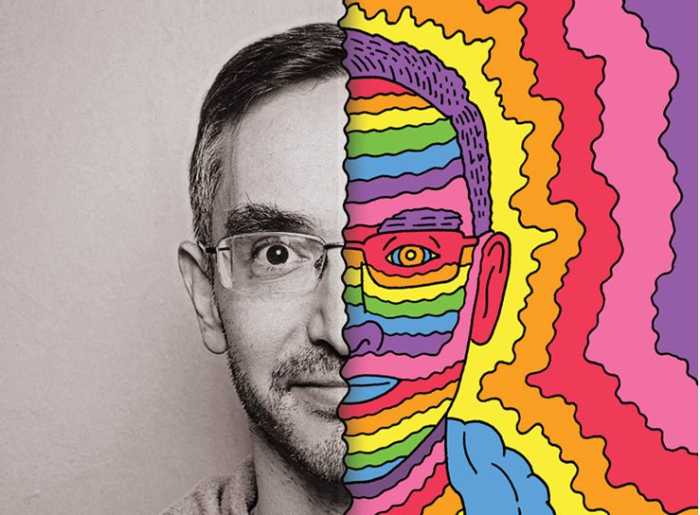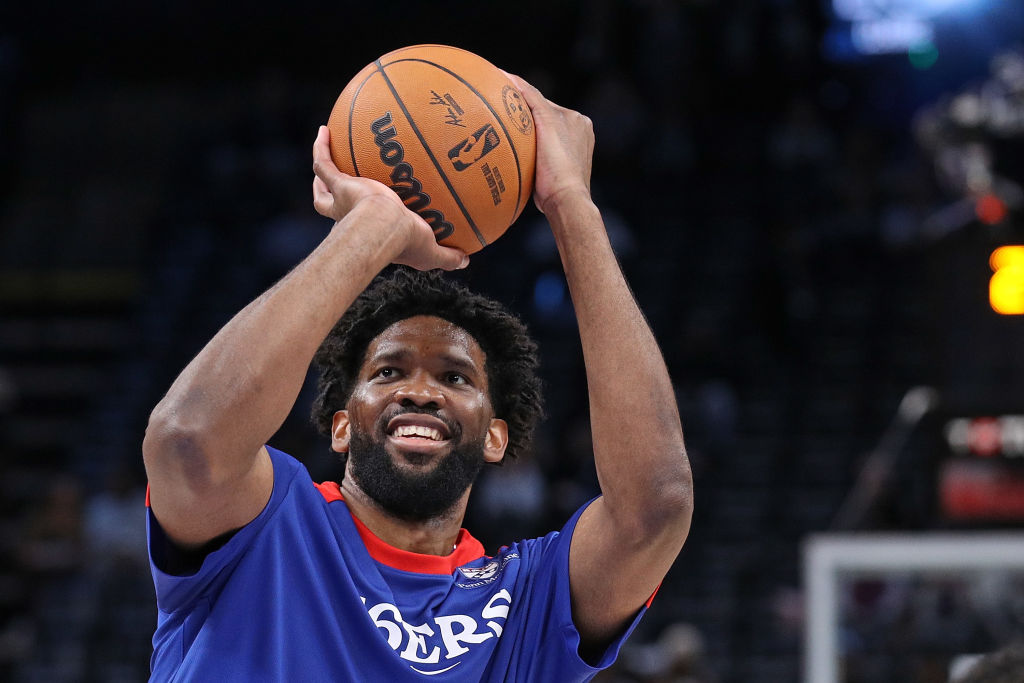Editor’s note: This story first appeared on AMNY.com
While the hypothetical return of baseball has generated plenty of excitement amongst desperate sports fans yearning for some semblance of normalcy, the hurdles that await Major League Baseball are daunting.
Coronavirus spikes around the country have not spared ballplayers or their psyches as they continue to test positive for COVID-19 while healthy ones choose not to play this season at all.
In recent days we’ve seen the likes of All-Stars in Freddie Freeman and DJ LeMahieu test positive for the virus while David Price, Ryan Zimmerman, and Ian Desmond have decided to sit out this year.
Meanwhile, faces of the league like Mike Trout are publicly questioning whether they’ll play, which will only hurt the game’s precarious position in the court of public opinion.
But the fact of the matter is that one of the largest concerns coming with baseball’s restart is ensuring the health and safety of its players and staff members by making coronavirus testing easily available with rapid results — ideally within a 24-hour period.
That doesn’t seem to be the case, at least according to Washington Nationals reliever Sean Doolittle, who told reporters on Sunday that he still has not received his test results from Friday.
“We’ve got to clean that up, right?” he asked (h/t ESPN’s Buster Olney).
Houston Astros catcher Martin Maldanado confirmed Doolittle’s complaint, adding that he hasn’t received his results either.
Doolittle also added that the Nationals have yet to receive their PPE gear, which includes N95 masks and gloves.
It seems as though this kind of uncertainty is prevailing in many clubhouses across Major League Baseball as protocol dictates teams to keep the identities of their players who tested positive under wraps unless they permit to disclose such information.
When asked on Sunday afternoon about his teams’ situation, New York Mets manager Luis Rojas didn’t portray much confidence after confirming all intake testing has been finished.
“I assume we have [the results for all the tests],” Rojas told reporters via Zoom. “Guys are coming in the clubhouse… As far as the results, they don’t come directly to me.”
It’s a dangerous, irresponsible game to be playing if Major League Baseball has not disclosed results days after testing. Potentially positive players could very well have access to facilities and their teammates for two or three days before it’s discovered, which will only worsen the spread and make the chances of baseball’s return and ability to play a full season that much more unlikely.



